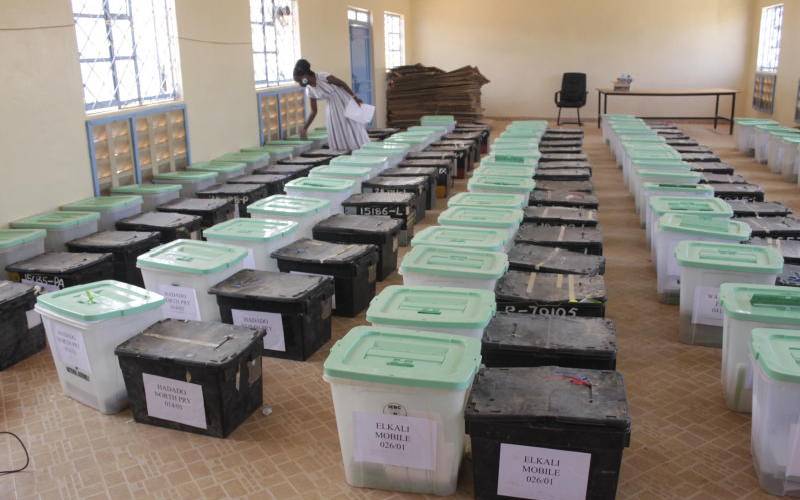×
The Standard e-Paper
Home To Bold Columnists

The ‘stolen election’ narrative in the US following the declaration of Joe Biden as the president-elect is familiar in Kenya. In fact, the BBI process was premised on the tensions, violence and killings that happen around election time in Kenya. The BBI effort was meant to kill this narrative. But, the final report of the BBI process, although reasonably well presented with facts and concrete proposals, is quite empty on the all-important question of one-man-one vote principle.